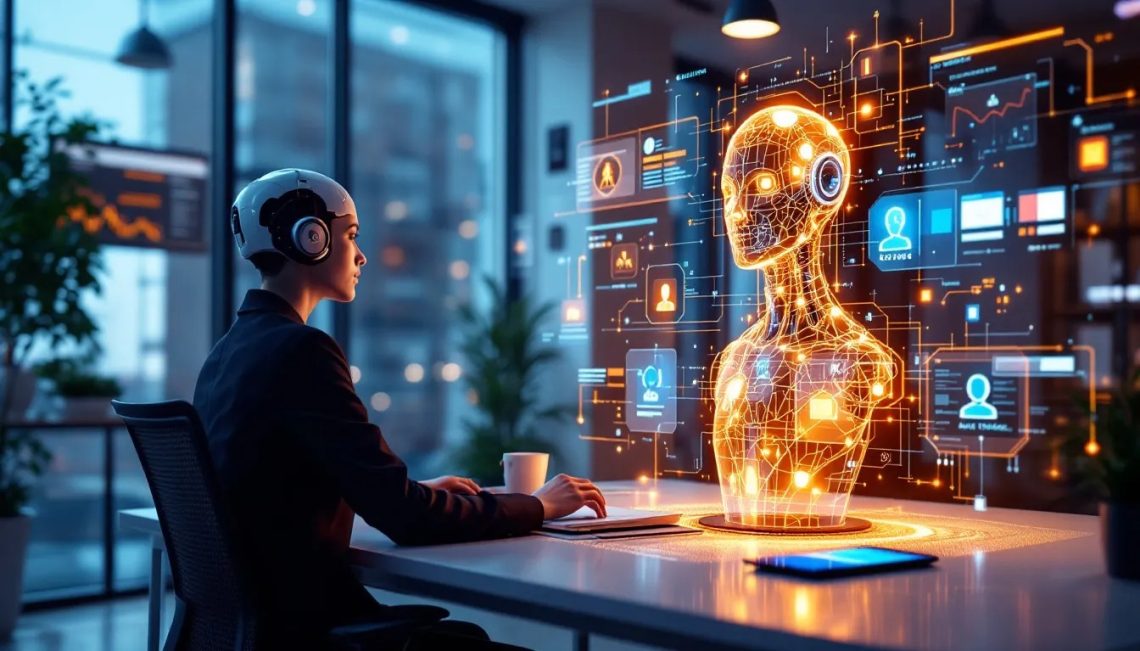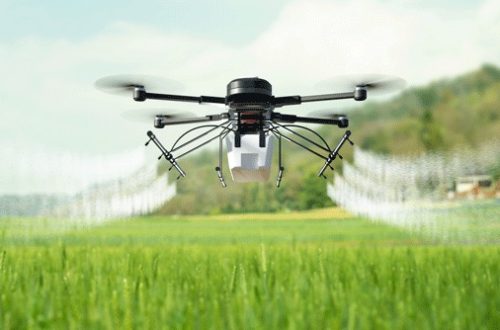Artificial Intelligence (AI) is transforming the world in countless ways, and one of its most exciting manifestations is the development of AI agents. These intelligent systems are designed to autonomously perform tasks, make decisions, and interact with their environment, often mimicking human behavior or surpassing human capabilities in specific domains. But what exactly are Productivity with AI, and why are they so important?
What Are AI Agents?
At its core, an AI agent is a software entity that perceives its environment through sensors and acts upon that environment using actuators to achieve specific goals. Unlike traditional programs that follow rigid instructions, AI agents are adaptive and capable of learning from experience, enabling them to handle complex, dynamic situations.
AI agents can range from simple rule-based bots to advanced systems powered by machine learning and natural language processing. Examples include virtual assistants like Siri and Alexa, autonomous vehicles, recommendation systems, and even sophisticated game-playing bots.
Types of AI Agents
-
Simple Reflex Agents
These agents operate based on predefined rules reacting to specific stimuli. For example, a thermostat adjusting temperature based on sensor readings. -
Model-Based Agents
They maintain an internal model of the environment to make informed decisions beyond immediate input, improving flexibility and effectiveness. -
Goal-Based Agents
These agents act to achieve specific objectives, evaluating future actions based on possible outcomes. This approach is common in navigation and strategic planning systems. -
Utility-Based Agents
They assess different choices according to a utility function that quantifies the desirability of outcomes, enabling trade-offs and optimizing behavior. -
Learning Agents
Equipped with machine learning capabilities, these agents improve their performance over time by learning from data and experience.
Applications of AI Agents
AI agents are increasingly integrated into various sectors, revolutionizing the way we live and work:
-
Customer Service: Chatbots provide 24/7 support, answering queries, processing orders, and resolving issues.
-
Healthcare: AI agents assist in diagnostics, personalized treatment plans, and patient monitoring.
-
Transportation: Autonomous vehicles navigate complex environments, promising safer and more efficient travel.
-
Finance: Intelligent trading agents analyze market trends and execute trades at high speed.
-
Gaming: Non-player characters (NPCs) powered by AI agents offer more realistic and challenging gameplay.
Challenges and Ethical Considerations
Despite their potential, AI agents present challenges. Ensuring transparency and explainability of their decisions is critical to building trust. Privacy concerns arise as agents often require access to sensitive data. Moreover, the risk of bias in training data can lead to unfair or harmful outcomes.
Ethical deployment of AI agents demands robust frameworks and regulations, emphasizing accountability, fairness, and respect for human rights.
The Future of AI Agents
As AI research advances, AI agents are expected to become more autonomous, intelligent, and capable of collaborating with humans seamlessly. The integration of AI agents with emerging technologies like the Internet of Things (IoT), edge computing, and 5G networks will unlock new possibilities, from smart cities to personalized digital experiences.
In conclusion, AI agents represent a pivotal element in the AI ecosystem, driving automation, enhancing efficiency, and enabling innovative solutions across industries. Understanding their capabilities and limitations is essential as we navigate a future increasingly shaped by intelligent machines.



